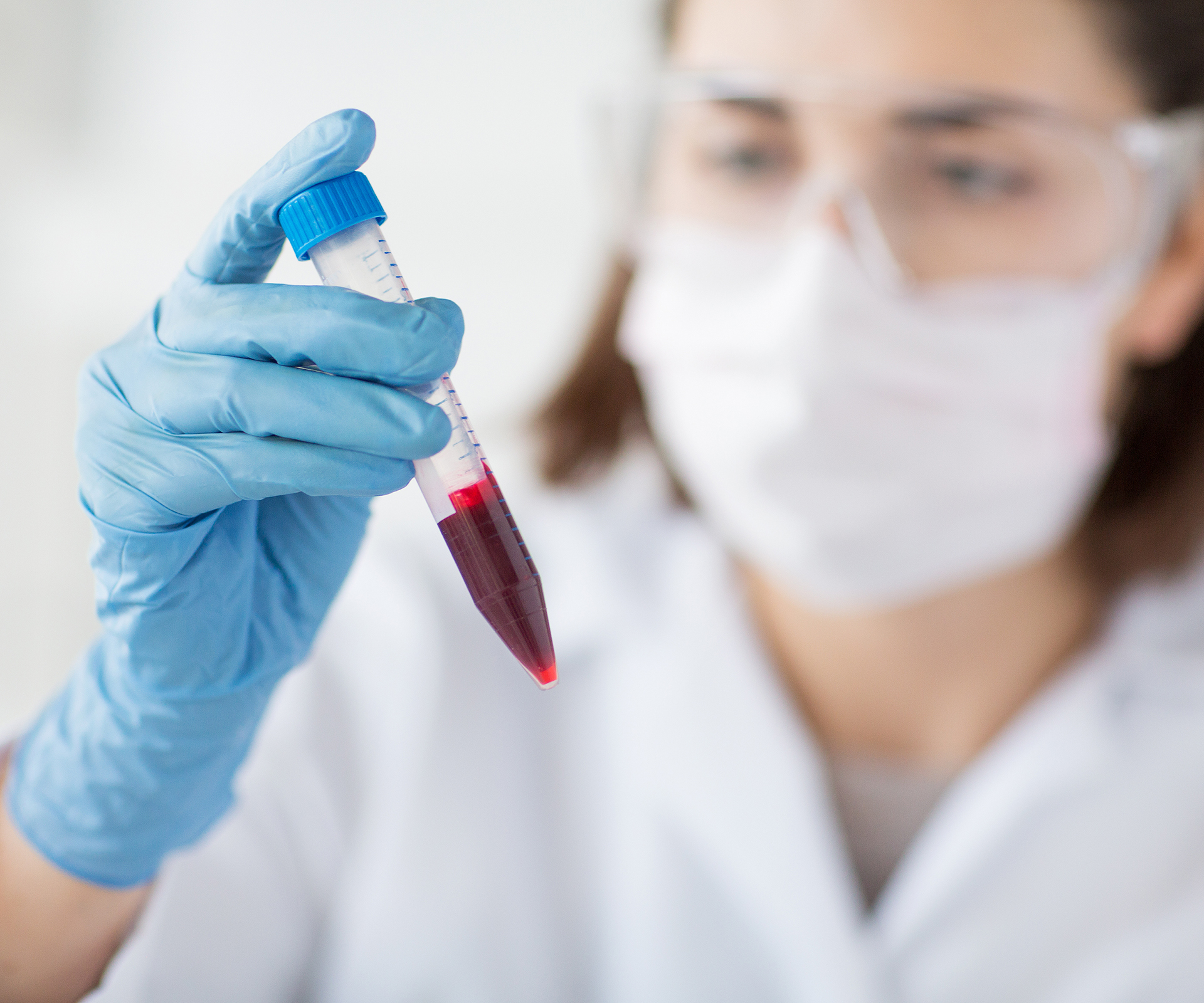Scientists in the US have unveiled an experimental, needle-free vaccine to fight the deadly Ebola virus and which, if proved effective in human trials, might be in mass production by the end of the year.
The vaccine, developed by researchers at the National Institute of Allergy and Infectious Diseases in the United States and the U.S. Army Medical Research Institute For Infectious Diseases, is designed to be inhaled and has already been successfully trialed on macaque monkeys.
Although much remains to be done before such a vaccine is proved safe for human use, early indications from the monkey trials, published this month in the Journal of Clinical Investigation, are promising.
The new vaccine was developed from a common respiratory virus known as human parainfluenza virus type 3 (HPIV3).
Genes from the Ebola virus were then attached to proteins on HPIV3’s outer casing in an attempt to promote an immune system response from host subjects, in this case a group of six rhesus macaque monkeys. A month later, the researchers injected the monkeys with a dose of Ebola virus that was 1,000 times the level that would normally be deadly.
None of the monkeys developed the disease. Researchers said the engineered virus promoted an immune response that helped the monkeys fight the Ebola virus on two fronts— a “local” immune response, in the mucous membranes of the respiratory tract, as well as a body-wide immune system response, in the form of immune cells circulating throughout the body.
The latest outbreak of deadly disease, which creates catastrophic internal bleeding, has claimed more than 11,000 lives during the past 18 months and left more than 27,000 reeling from its devastating effects in an epidemic that swept through several west African countries and threatened biosecurity throughout the rest of the world.
Importantly, if the vaccine is proved effective, rolling it out to large populations in Africa could be fast tracked because inhalation would not require the presence of trained medical staff, especially in countries such as Liberia and Sierra Leone, where the physician to community ratio is virtually zero.
The vaccine is now being trialed on a small number of humans.


